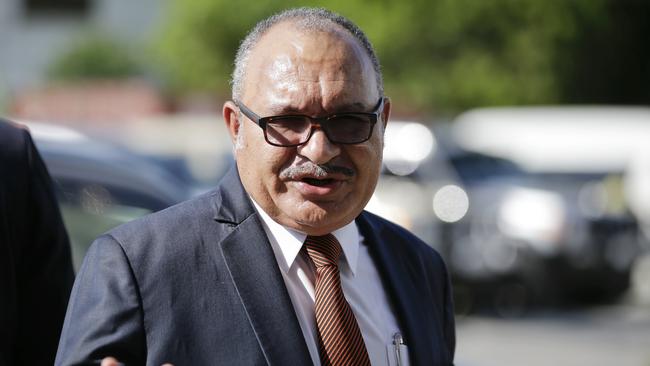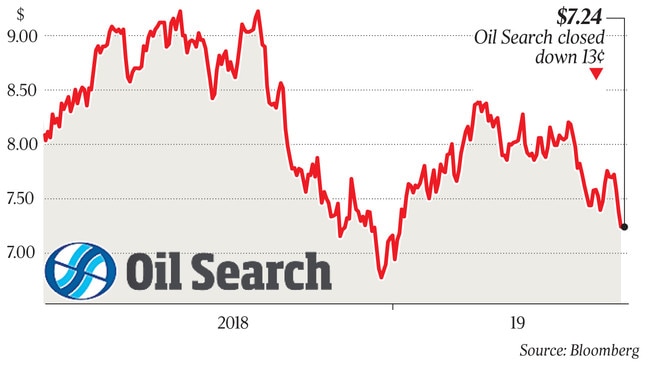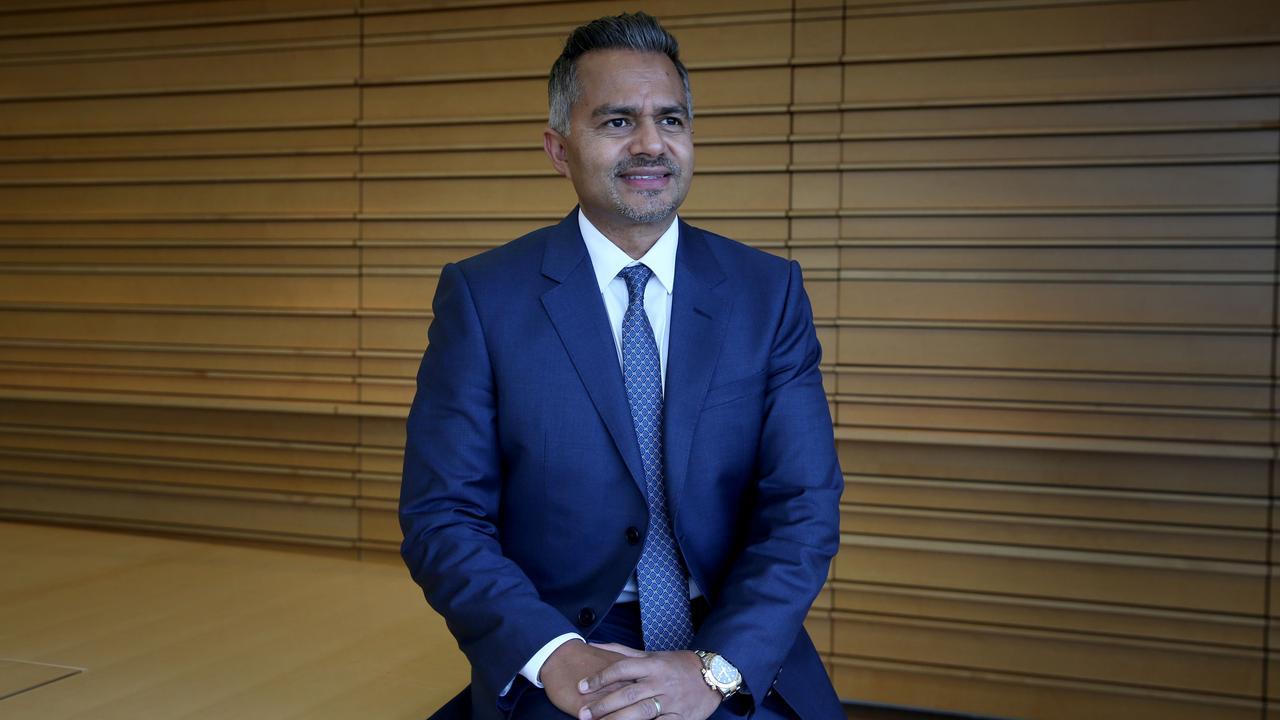PNG political turmoil rocks LNG expansion
The resignation of PNG Prime Minister Peter O’Neill has thrown development plans for Oil Search and Santos into doubt.

Oil Search and Santos face a two-year delay sanctioning a $16 billion LNG expansion in Papua New Guinea and the potential renegotiation of an already agreed deal after the resignation of Prime Minister Peter O’Neill, consultancy Wood Mackenzie has warned.
Mr O’Neill’s sudden departure over the weekend has cast a shadow over both the timeline for doubling gas production from the Pacific nation and the fate of a critical gas expansion deal signed just six weeks ago between Oil Search, energy giants Total and ExxonMobil and the PNG government.
The political upheaval may spark delays and allow international rivals to leapfrog PNG in supplying gas to Asian buyers by the time a critical demand window arrives in 2024.
Oil Search faces a wait until 2022 to make a final decision on its P’nyang part of the expansion from its current target of next year, Wood Mackenzie says.
Oil Search has been working with the PNG government to win a deal in the next few months, allowing itself and the original PNG LNG owners including Santos to work out an agreement expanding the existing Port Moresby infrastructure.
“The resignation of Peter O’Neill will delay first gas from the LNG expansion projects until beyond 2025,” Wood Mackenzie analyst David Low said. “The delays to the project push PNG to the back of the queue of current projects seeking final investment decision such as in Mozambique, Russia and numerous US projects.”

The recently agreed Papua LNG deal to supply two of the three LNG expansion trains may also have to be renegotiated depending on political events.
“The Papua LNG gas agreement, which was signed in April, may be reopened by the new leadership to negotiate better fiscal terms for the country,” Mr Low said.
Mr O’Neill’s resignation will spark pressure on the PNG government to bolt down a more favourable deal for the under negotiation P’nyang part of the expansion project which will supply the third LNG train, Credit Suisse says.
Oil Search shares yesterday fell 1.8 per cent to $7.24, while Santos was flat at $6.98.
Mr O’Neill’s departure was partly forced over political pressure linked to his role in a historically controversial loan with the Australian arm of UBS.
PNG bought a 10 per cent stake in Oil Search in late 2014 via a $1.23 billion loan with UBS, which has led to accusations of improper conduct against Mr O’Neill, most recently detailed in a report from PNG’s independent integrity watchdog which leaked earlier this month.
The nation’s Opposition has called for Australia’s securities watchdog to open an investigation into the deal.
Still, it remains unclear if a change of government will necessarily flow from Mr O’Neill’s exit, according to RBC.
“We are not of the opinion that a change of government is a fait accompli, with defecting ministers potentially crossing back to the People’s National Congress,” RBC analyst Ben Wilson said.
The UBS loan allowed Oil Search, which was developing natural gas assets in PNG’s highlands, to take a 23 per cent interest in the country’s Elk-Antelope gas fields as part of a $US900 million ($1299m) deal.
The timing of Mr O’Neill’s exit could barely be worse for Oil Search and its partners as they look to double LNG volumes from the country and beat rivals to sell gas to Asian customers by 2024 when demand is expected to outstrip supply.
Oil Search chief executive Peter Botten has cultivated a close relationship with Mr O’Neill over his quarter-century career at the top of Oil Search.



